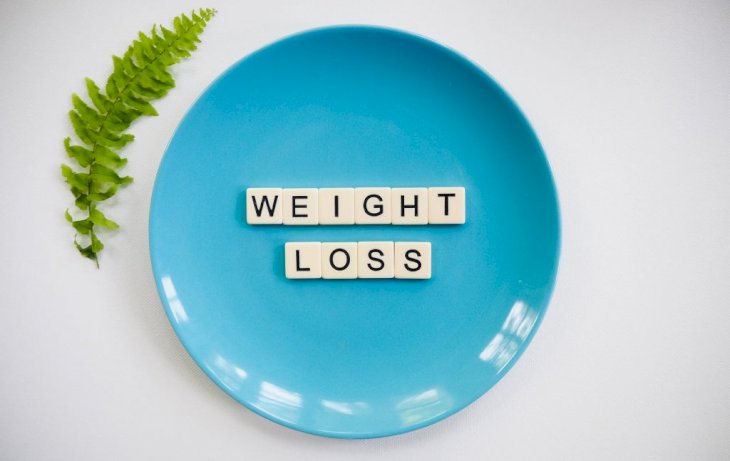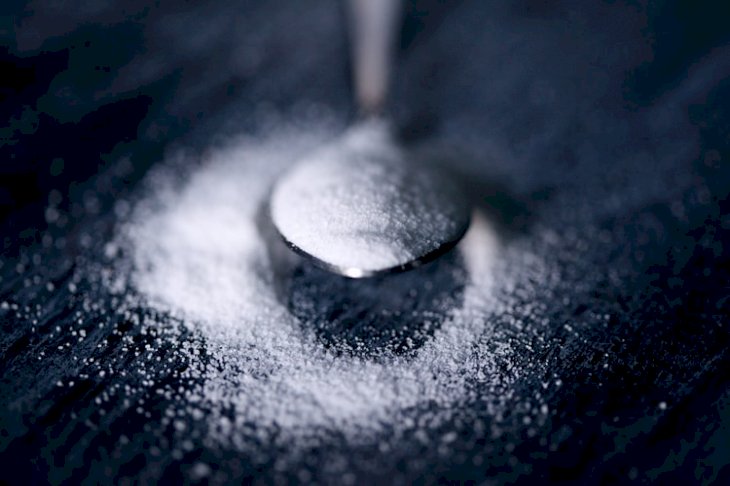
Exploring The Benefits Of Quitting Sugar
Do you know what happens to the body if you eliminate sugar from your diet? Sure, you lose weight, but that's not all. There are other essential factors to stop consuming it. It can be harmful to health: it is one of the leading causes of cardiovascular disease, type 2 diabetes, and obesity.
Addicted to sugar or not, you have decided to eliminate it from your diet. Suppose the natural sugar present in food does not pose a problem. In that case, the sugar added by manufacturers is often singled out because it is present in substantial, dangerous, and addictive doses.
Depending on its level of consumption, its removal can cause unpleasant sensations from the first hours. However, there are a great many benefits.
Weight Loss

Photo by Total Shape on Pexels
After a more or less complicated transition period, a zero sugar diet can make you lose weight. Sugar is the caloric food par excellence. Its consumption causes the secretion of insulin which is a storage hormone.
The simple fact of reducing your consumption will lower your calorie intake and therefore promote weight loss without difficulty. Again, the greater the excess, the more weight loss will be. But neither is it a question of stuffing yourself with kebab under the pretext of depriving yourself of chocolate mousse.
More Energy

Photo by Becca Tapert on Unsplash
Better energy, better concentration, and better sleep. Stopping sugar is a remedy for those who can not get their foot out of bed despite nights of ten hours. Sugars are a source of energy but deplete you when you consume them too frequently.
Excessive sugar intake promotes the development of intestinal yeasts, which tire the digestive system. Overeating sugar too often also exposes the pancreas, the organ secreting insulin, to exhaustion.
Smoother And Brighter Skin

Photo by Pixabay on Pexels
To benefit from the lack of sugar is also our skin, which will be brighter after about a month and fewer wrinkles. Sugar prematurely ages the skin due to its "glycation" content which damages and oxidizes cells, causing dry skin, wrinkles, and dull skin.
Also, sugar hinders the production of collagen, a fundamental element for elastic and robust skin. After a few days without sugar, you will already notice more hydrated skin, reducing dark circles and skin imperfections.
Reduced Risk To Heart And Liver

Photo by Sharon McCutcheon on Unsplash
Reducing sugar consumption also helps prevent risks to the heart, as it can affect blood pressure and blood fat, and cholesterol, all risk factors for the cardiovascular system. On the liver, excess sugar can be even toxic and have effects similar to those of alcohol.
When the excess sugar reaches the liver, it is transformed into fat, and insulin resistance is created. The cells become resistant to the insulin produced in large quantities by the pancreas causing hypertension and metabolic syndrome, increasing the risk of diabetes and diseases affecting the circulatory system.
Increased Good Mood

Photo by Diana Polekhina on Unsplash
Even if the first days without sugar can cause real withdrawal crises, the good mood will increase after a few days of a sugar-free diet. Foods rich in sugars have a negative effect on serotonin, the good mood hormone.
For this reason, excessive sugar consumption also increases the symptoms of anxiety instead of drowsing them and can lead to suffering from depression. Eliminating it or drastically reducing it from our diet will therefore make us feel more serene and energetic.
Promotes Fertility

Photo by Drew Hays on Unsplash
Also, the foods we consume are essential for our hormonal balance and fertility. Consuming too many refined sugars causes an excessive release of insulin which can cause resistance in the ovaries.
The consequence is that there is an increased risk of suffering from polycystic ovary syndrome and causing damage to the eggs. The reduction of this food could, therefore, also have benefited from a hormonal point of view.